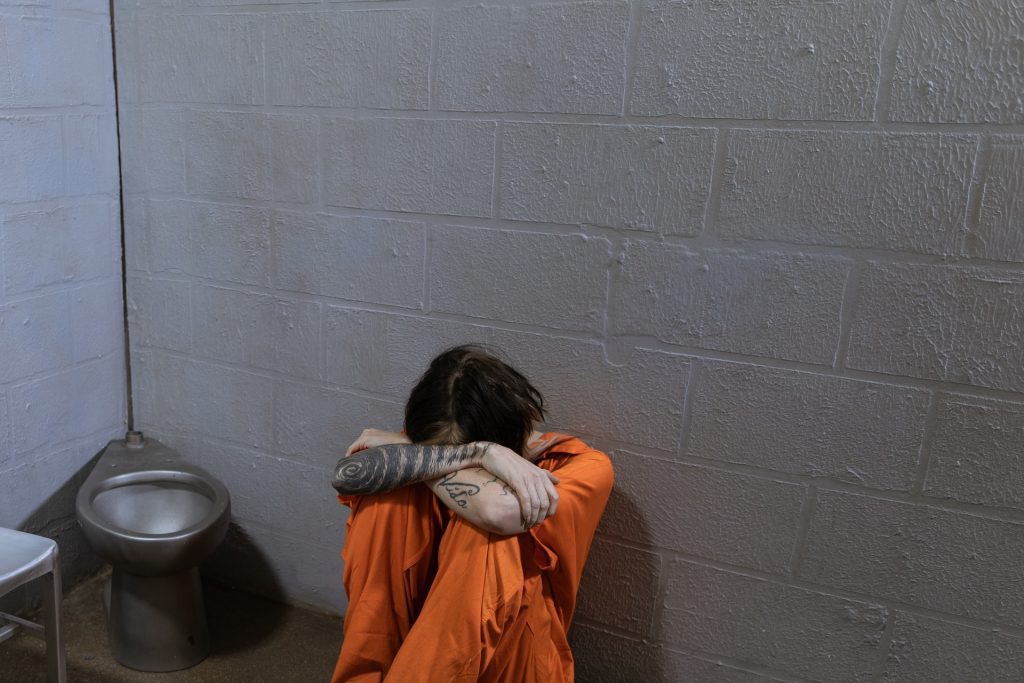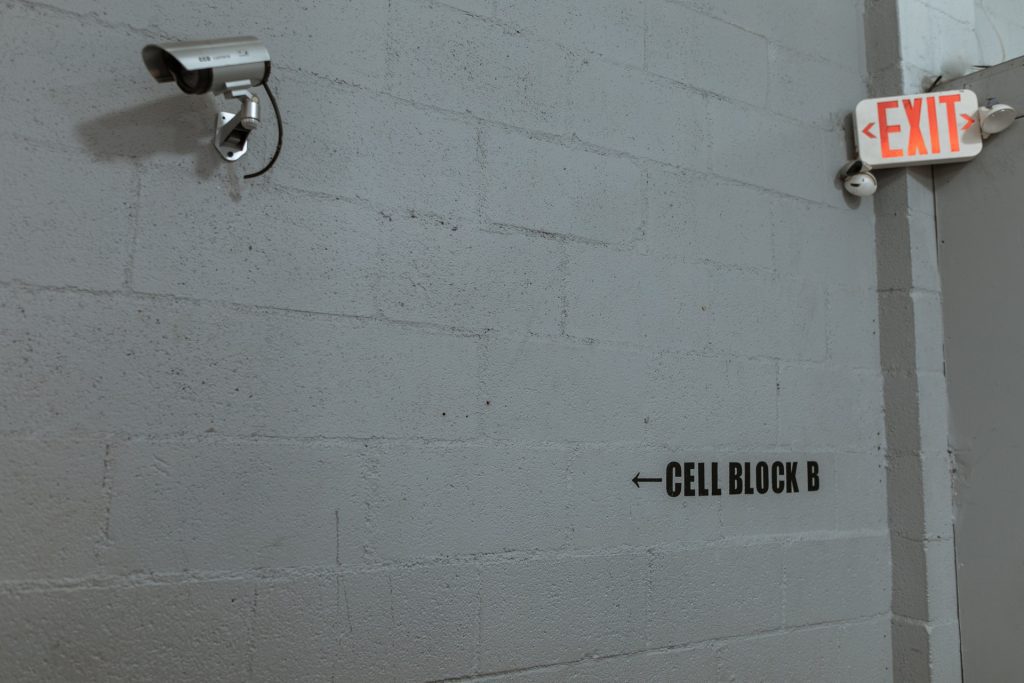No. You cannot directly challenge a prison’s decision to put you in solitary confinement. It is an administrative prison decision and not a legal one. But you may be able to file a lawsuit.
Can you challenge the decision to put you in solitary confinement?
You cannot challenge the decision to put you in solitary confinement. The decision is administrative. This is, in part, why it is also called administrative segregation. It is not a legal decision. That difference means your prison does not need the court’s permission to put you in solitary. Usually, the warden at your prison will be the person who makes this decision.

Why would a prison warden put you in solitary confinement?
Prisons put people in solitary confinement for several reasons, including the following:
- Disciplinary reasons. A prison may put you in solitary confinement if you break the rules. This usually happens only for serious violations. One example is getting into a fight. Officials may also put someone in solitary who has broken many smaller rules.
- Protective custody. Sometimes prisons put people in solitary for their protection. Politicians, celebrities and former police officers will often get solitary for protection.
- Quarantine. If you are ill, the prison might put you in solitary. This is to keep you from spreading disease.
- Population management. Sometimes prison officials put people in solitary to separate them from a gang.
What is life in solitary confinement like?
Solitary confinement is extremely restrictive. You will spend 22 to 24 hours per day isolated in your cell. This cell is about the size of a parking spot and may not have a window. You can only leave once a day for exercise. But this exercise may not be outside.

During solitary, you will not have access to prison programming. That means you will not be able to take classes, work or take part in recreation. You will also not have access to music or TV. And your access to books may be limited. Your visitation privileges will get restricted. During solitary, you will have no-contact visits with family only.
What legal options do you have if you receive solitary confinement?
You do not have any direct legal remedies for a solitary confinement decision. But you can still challenge the laws that allow it.
Some prisoners have filed lawsuits to challenge solitary confinement. They claim it is unconstitutional because it violates their Eighth Amendment rights. This Amendment protects you from “cruel and unusual punishment.”
You can file a lawsuit if you feel that the Bureau of Prisons violated other rights as well. The ACLU often helps prisoners file lawsuits based on violations of constitutional rights. In most circumstances, a lawsuit might not fix your own situation. But it may affect how prisons treat others going forward.
The Takeaway
You generally cannot challenge a prison’s decision to put you in solitary confinement. This is because it is an administrative decision and not a legal one. But you can file a lawsuit if you believe the prison violated your rights.






